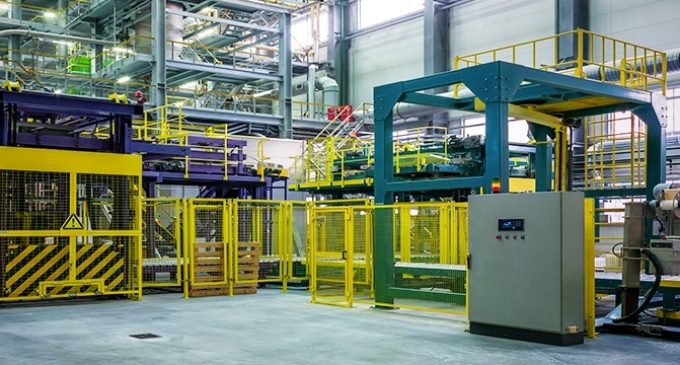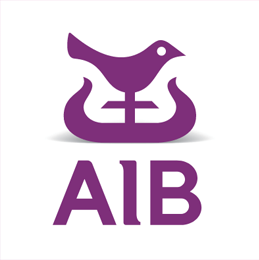Marginal Irish Manufacturing output growth maintained in August

The headline AIB Ireland Manufacturing PMI® edged up to its highest level since February and signalled a marginal overall improvement in business conditions. An upturn in manufacturing sector performance mostly reflected sustained production growth and a faster rise in employment numbers. Survey respondents often commented on efforts to boost capacity in line with long-term business expansion plans. However, demand conditions were still relatively subdued, as signalled by a reduction in new order intakes for the sixth consecutive month.
Commenting on the survey results, David McNamara, AIB Chief Economist, said: “The August AIB Irish Manufacturing PMI shows a further modest upturn in activity in the sector, with the headline index rising to 50.4 in August from 50.1 in July. The improvement in the Irish manufacturing sector was driven by a rise in output and accelerating jobs growth, but a continued contraction in new orders points to still subdued client demand. The Irish manufacturing PMI remains above the flash July readings for the Eurozone and US at 45.6 and 48.0, respectively, but below the UK at 52.5.
 “Output rose in August for a second consecutive month, but the rate of growth remained below the historic average. Client demand remained weak, reflected in a further fall in new orders, with the rate of contraction accelerating compared to July. Firms linked this drop in orders to the current economic climate. This was also seen in new export orders falling for the seventh successive month, with rising demand from the UK the only reported source of growth in August. However, purchases of inputs did rise on the month for the first time since March, and delivery times were slightly improved.
“Output rose in August for a second consecutive month, but the rate of growth remained below the historic average. Client demand remained weak, reflected in a further fall in new orders, with the rate of contraction accelerating compared to July. Firms linked this drop in orders to the current economic climate. This was also seen in new export orders falling for the seventh successive month, with rising demand from the UK the only reported source of growth in August. However, purchases of inputs did rise on the month for the first time since March, and delivery times were slightly improved.
“Hiring picked up sharply in August to the fastest pace in 12 months. Some firms linked hiring to forthcoming project starts, but others noted subdued client demand had limited new hiring, evident from the weakness in new orders. Irish manufacturers maintained an overall positive outlook regarding activity over the coming 12 months, but sentiment was softer than the previous month.
“Price pressures remained a feature of the survey in August. Input price inflation remained close to the 17-month high reached in July, reflecting higher raw material costs. Output price inflation also rose, as firms continued to pass on higher input costs to customers.”



























